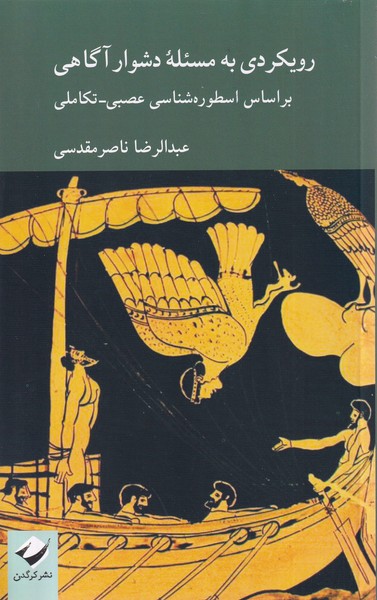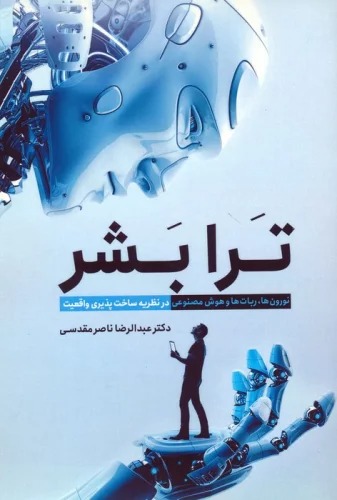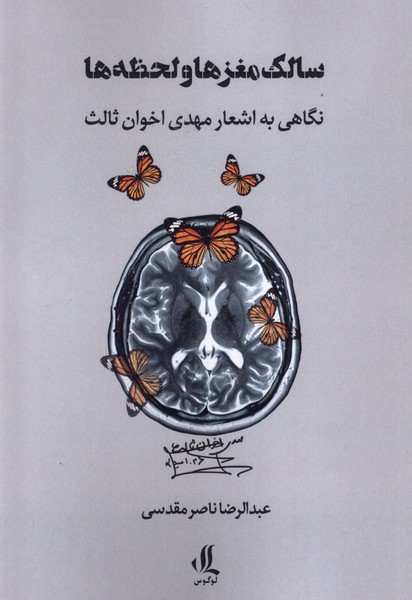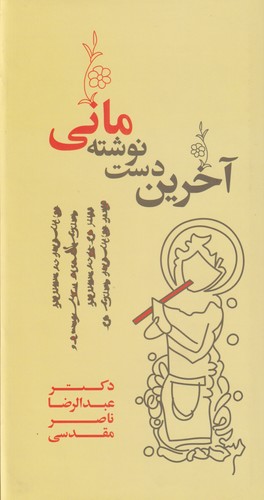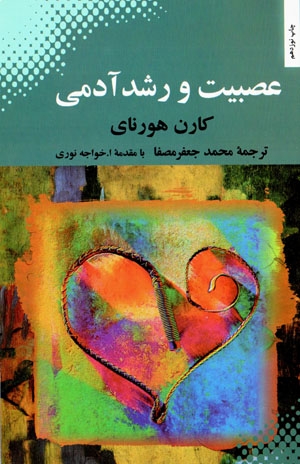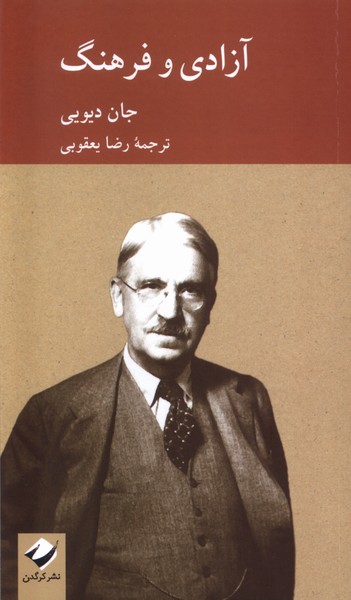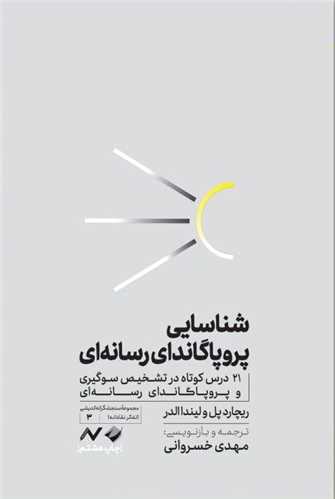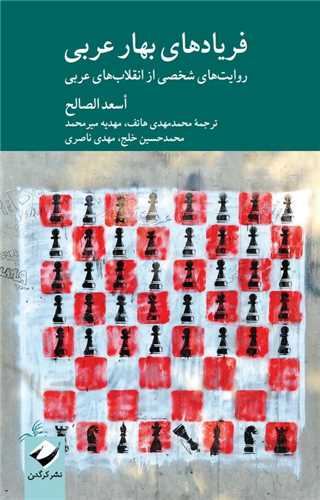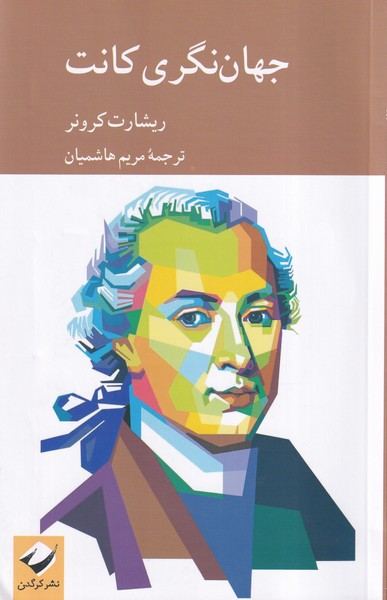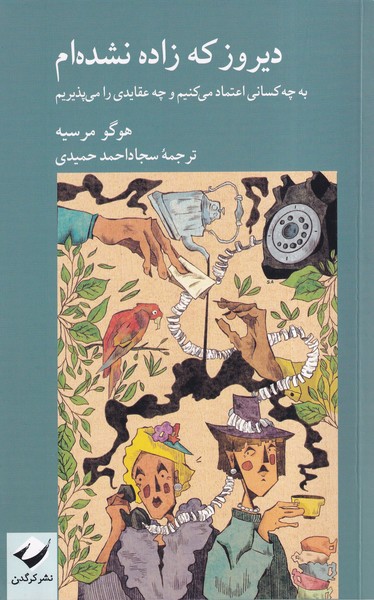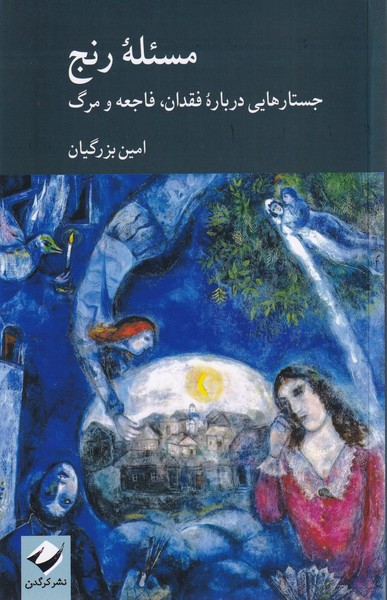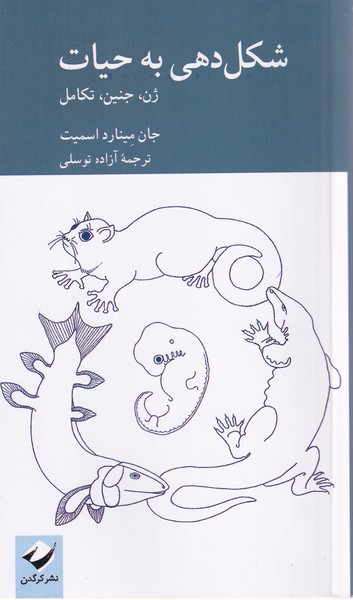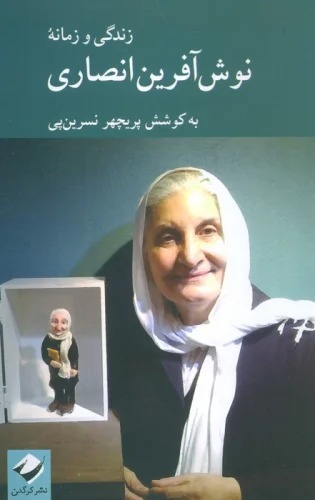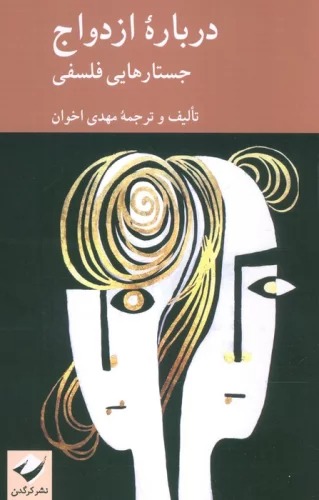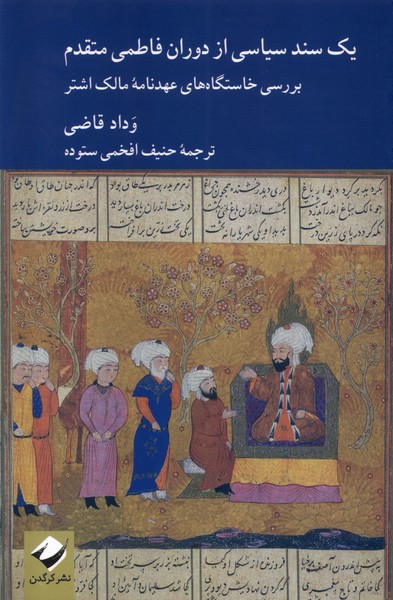Rūykardī bah Mas'alah-yi Dushvār-i Āgāhī: Persiska (Farsi) 1403
رویکردی به مسئله دشوار آگاهی
11,55 £
Dela
Wishlist
Perhaps the most important point in neuroevolutionary mythology is the introduction of myth not as a symbolic language, but as a lived experience. Mythologists’ treatment of myth as a symbolic language causes myth to be considered unique to Homo sapiens and many of its aspects to be neglected. But in neuroevolutionary mythology, myth is a form of consciousness and lived experience in the world. Therefore, any organism that can have a conscious experience of the world will also be mythic. This leads to the history of mythic experience being considered far beyond Homo sapiens and the claim that wherever there is consciousness, mythic experience also occurs. So the history of myth is intertwined with the history of consciousness, so myth tells us a lot about consciousness. This book deals with this very issue, what is the relationship between myth and consciousness, and if myth has been intertwined with consciousness in this way throughout its evolutionary history,
more
شاید مهمترین نکته در اسطورهشناسی عصبی-تکاملی معرفی اسطوره نه بهعنوان زبان نمادین، که بهعنوان تجربهای زیسته است. تلقی اسطورهشناسان از اسطوره بهعنوان زبان نمادین سبب میشود اسطوره منحصر به انسان خردمند دانسته شود و بسیاری از جنبههای آن مغفول بماند. اما در اسطورهشناسی عصبی-تکاملی، اسطوره شکلی از آگاهی و تجربۀ زیسته در جهان است. بنابراین، هر جانداری که بتواند از جهان تجربهای آگاهانه داشته باشد اسطورهمند نیز خواهد بود. همین موضوع باعث میشود تاریخ تجربۀ اسطورهای بسیار فراتر از انسان خردمند دانسته شود و این ادعا مطرح شود که هرجا آگاهی هست، تجربۀ اسطورهای هم اتفاق میافتد. پس تاریخ اسطوره با تاریخ آگاهی درهمتنیده است، لذا اسطوره چیزهای زیادی دربارۀ آگاهی به ما میگوید. این کتاب به همین موضوع میپردازد، اینکه رابطۀ اسطوره و آ گاهی چگونه است و اگر اسطوره در تاریخ تکامل خود اینگونه با آ گاهی درهمتنیده بوده است،
more

